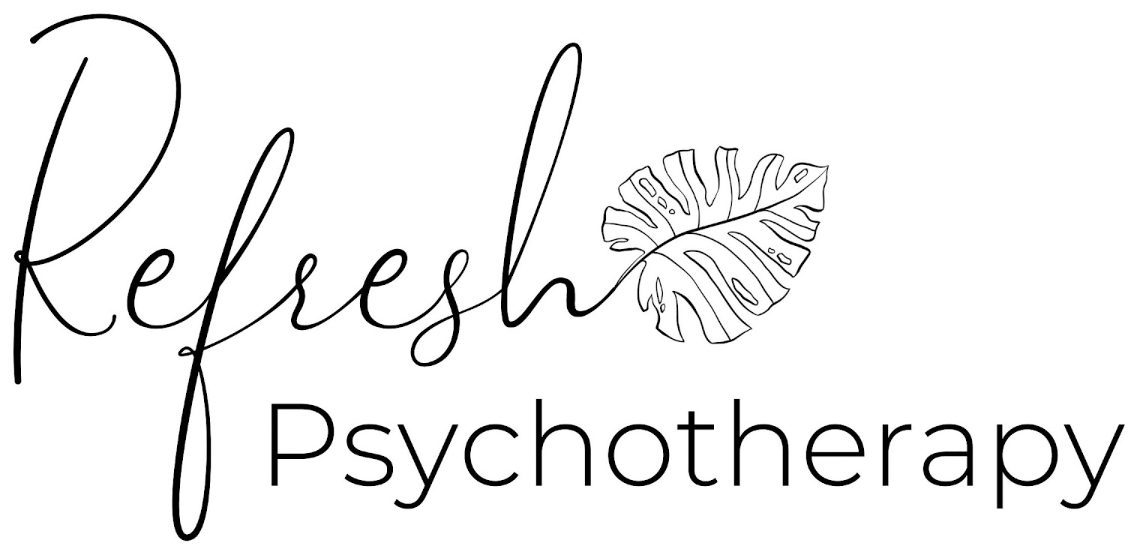
Autism Acceptance Month: Making Space for Neurodivergent Communication
Every April, Autism Awareness Month rolls around. We hear calls for “inclusion,” “understanding,” and “support.” But inclusion isn’t about inviting autistic people to sit quietly at the edge of a neurotypical world. It’s about recognizing that the systems, norms, and expectations of that world weren’t built for us—and we shouldn’t be the only ones expected to adapt.
This is what masking is: the lifelong, exhausting effort autistic people make to appear non-autistic.
It’s learning to mimic the tone, rhythm, and pacing of neurotypical speech. It’s suppressing stims. Forcing eye contact. Smiling at the “right” time. Making small talk that feels pointless. Sitting through sensory overload without showing it. Memorizing social rules that change depending on who you’re with. And doing it all while hiding the fact that you’re doing it.
Most people never see it. And that’s the problem.
When autistic people communicate in ways that are considered “normal,” we’re praised for how well we’re doing. When we don’t, we’re dismissed, ignored, or corrected. Either way, the message is the same: adapt.
And we do. Autistic people are trained from an early age to meet the non-disabled world where it is. We’re taught to communicate in their way. To relate on their terms. To work, socialize, and exist in their environments. To push down who we are so we can be more “acceptable.”
But here’s the part no one likes to talk about: the non-disabled world isn’t asked to meet us halfway.
No one teaches neurotypical children how to recognize autistic communication as valid. No one expects non-autistic adults to slow down their conversations, to interpret literal language without judgment, to accept alternate body language as equally meaningful. No one rewrites classroom environments or workplace expectations unless they have to—and even then, it’s met with resistance.
It’s not just that autistic people have to do all the adapting. It’s that we’re expected to do it silently, invisibly, without recognition—and without reciprocal effort from the world around us.
That’s not inclusion. That’s compliance.
The burden to communicate, relate, adjust, and contort falls entirely on the disabled person. And when we can’t—or simply won’t—do that anymore, we’re told we’re difficult, rude, cold, or too sensitive.
So this Autism Awareness Month, let’s stop asking autistic people to do more. Let’s stop celebrating how well someone masks their disability and start asking: Why do they have to?
Why is the non-disabled world so rarely expected to change?
Why do we treat accessibility as a favor instead of a responsibility?
And why are neurodivergent people expected to make themselves understandable, while everyone else is free to stay exactly the same?
It’s time we stop calling this “inclusion” when it’s really just assimilation.
It’s time the world starts doing its share of the work.
—
I’m a neurodivergent psychotherapist, and one of my areas of specialization is working with adults who were diagnosed with autism later in life. I know firsthand how much effort goes unseen—how hard it is to untangle who you are from who you’ve been trained to be. This month isn’t about raising awareness of autism as an abstract concept—it’s about recognizing the people who’ve been here all along, quietly doing the work to fit into a world that rarely makes space for them. We deserve better. And we shouldn’t have to keep asking.If you’re looking for a therapist who truly understands the complexity of late-diagnosed autism and the lifelong experience of masking, our team is here to help.
Book an appointment with one of our therapists today.
Written by: Keeley Teemsma, LCSW, MA
